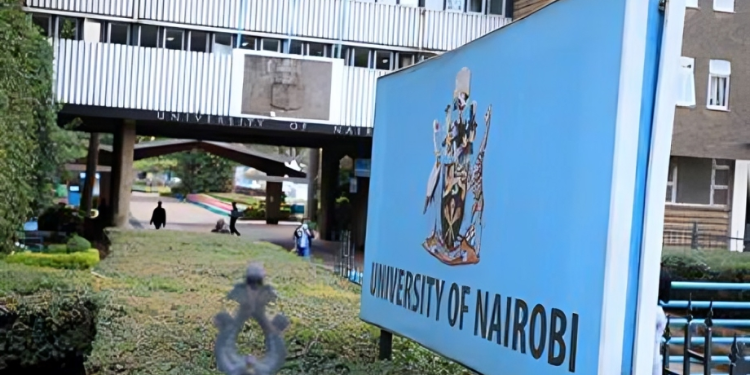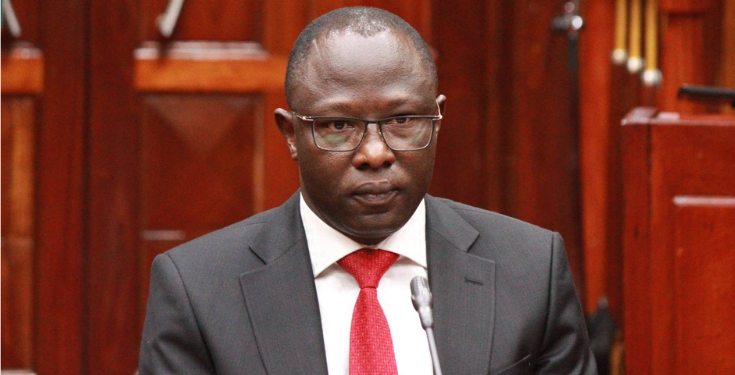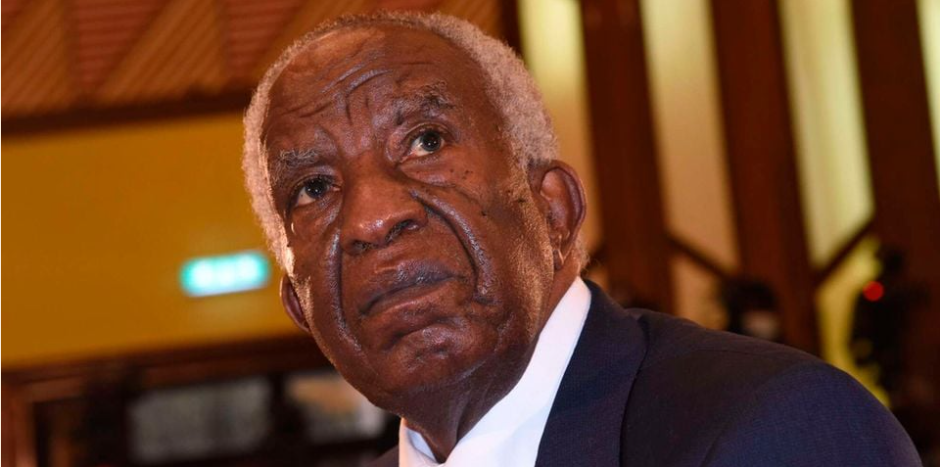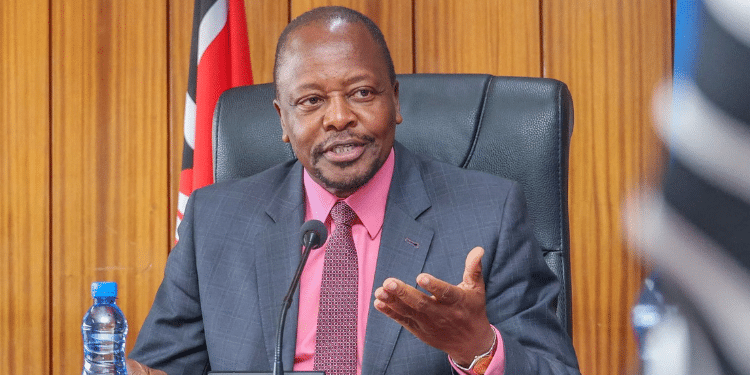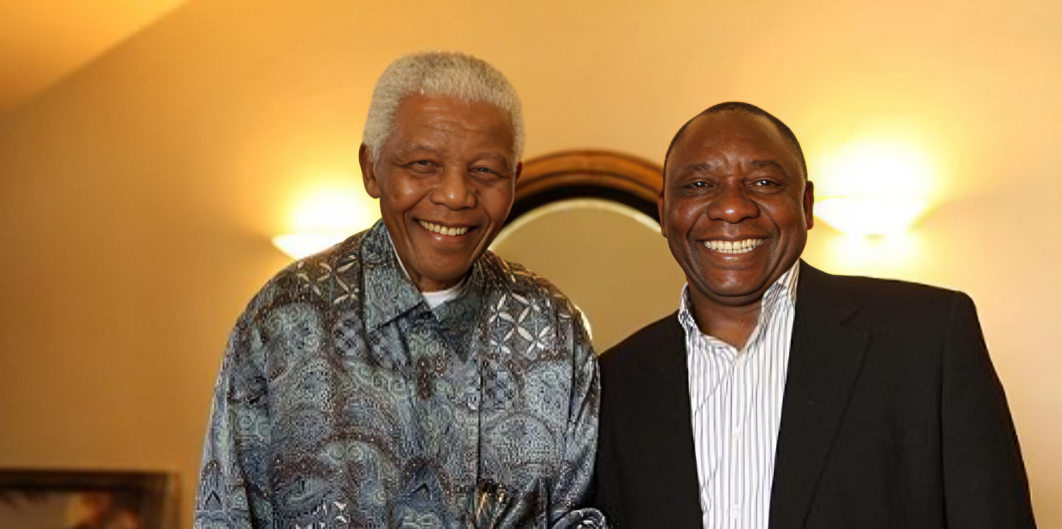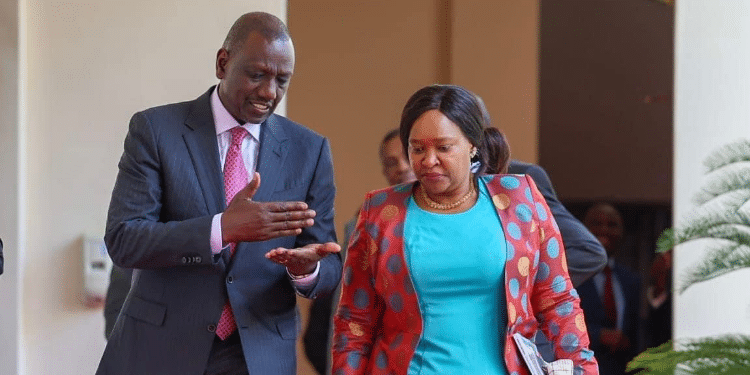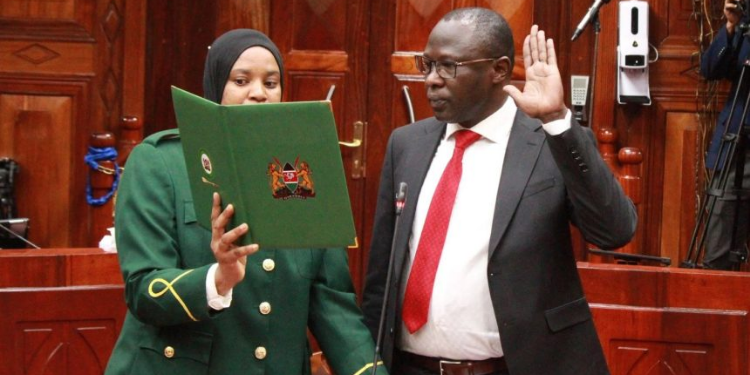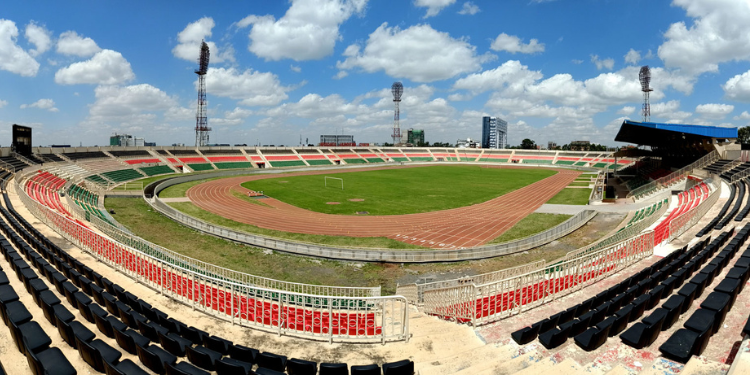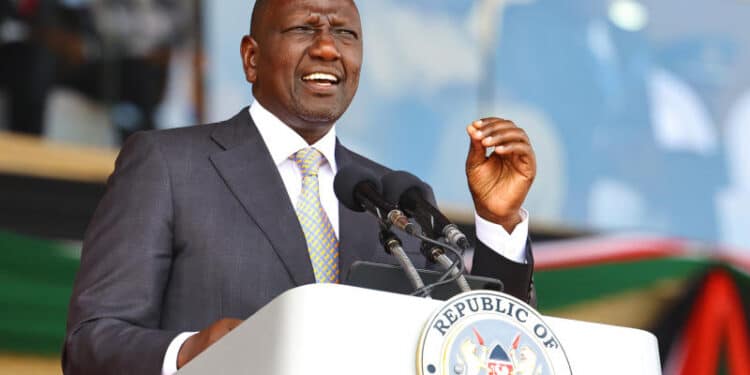Since taking over from the former head of state Uhuru Kenyatta, President William Ruto has introduced a chain of tax reforms to raise revenue and fund his ambitious projects.
According to the president and the Kenya Kwanza politicians, the move is aimed at rebuilding the economy.
President Ruto paved way for the implementation of these new taxes when he signed the Finance Act 2023 into law.
One such levy is the Housing Levy which is a non-refundable contribution to the National Development Fund. Before Parliament approved it, the Housing Levy drew widespread criticism from Kenyans across the country.

It requires employers and employees to remit 1.5% of the gross monthly income to be used to finance the affordable housing program.
Another significant change is the doubling of Value Added Tax on petroleum products from 8% to 16%. Coupled with the removal of subsidies, the move pushed pump prices to an all-time high of more than Ksh200 per litre.
Further, the Act introduced taxation for those earning above Ksh.500,00 at a rate of 32.5% while those earning above Ksh.800,000 pay 35% in taxes.
Also, Ruto introduced a corporate income tax on companies undertaking the manufacture of human vaccines at a rate of 10%.
Again, the Act imposed a 1.5% withholding tax on content earned from digital content monetization.
Besides, it included tax on the income derived from the transfer or exchange of digital assets at a rate of 3%.
Also Read: Win for Ruto as Supreme Court Dismisses Finance Act Case
Advice to Ruto-Economist
Gasper Mark, an Economist at Engie Energy Access, reasons that the increase in prices of fuel has added to the economic hardship facing millions of Kenyans.
According to Mark, the high pump prices caused negative ripple effects including rising cost of essential commodities such as food.
“The increase in fuel prices has a direct impact on cost of transport, agricultural production, manufacturing and the cost of electricity, all these pushes the cost of living upwards,” explained Economist Mark.
He slammed Energy Cabinet Secretary Davis Chirchir for blaming the war between Isarael and Palestine.
“According to Kenya Bureau of Statistics, the transport index went up by 3.5% between August and September and measure of the cost of living from 6.7% to 6.8%,” explained Mark.
Additionally, he said Kenyans pay nine different taxes on fuel with VAT on fuel having increased from 8% to 16%.
“The government’s appetite for higher revenue remains the biggest cause of pain at the pump, it should cushion Kenyans at these difficult times,” he said.
Also Read: Kindiki Makes Changes on ID, Passport & Marriage Application Charges
New Registration Charges
On Wednesday, November 8, Interior CS Kithure Kindiki revised charges and levies under the Registration of Persons Act.
In the new charges, Kenyans will now pay Ksh.1,000 to register for Identification Card (ID) while replacing a lost will cost Ksh.2,000 up from Ksh.100.
Besides, Identification reports will now cost Ksh.1,000 up from Ksh.300 while a Civil Servants Card has been increased from Ksh.100 to Ksh.1,000.
Staff badges will now cost Ksh.1,000 up from Ksh.300.
On passport charges, 34 pages now costs Ksh.7,500 from Ksh.4,500, 50 pages cost Ksh.9,500 from Ksh.6,000 and 66 pages cost Ksh.12,500 from Ksh.7,500.




